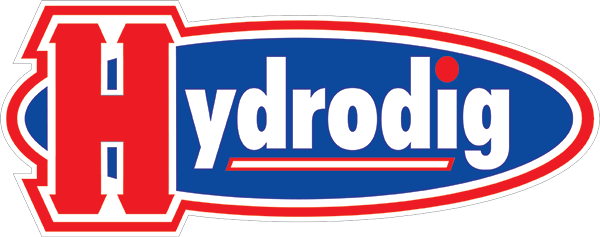
Unlike conventional digging methods, the use of water under pressure has long been considered as one of the safest and most efficient methods for excavating just about any type of site. Hydro excavation is used for a number of different purposes as an alternative to traditional excavation. Some of these include digging through hard terrain, potholing, daylighting and dealing with precision digging required in areas where there might still be utility lines hidden undergound.
The main reason why hydro excavation trucks are safer for the environment when compared to other digging machines is that they basically use a high powered pump to deliver water under pressure and blast through the dirt. That approach prevents the damage of tree roots and utility lines, making it one of the most precise as well as safest excavation techniques.
With conventional excavators, on the other hand, the ability to be precise depends not only on human error, but also on the large and bulky excavation devices and accessories, which are made of tough metal and have to be lodged powerfully into the ground to dislodge hardened soil. In the process, there is a high risk of damaging tree roots and vegetation, as well as hitting gas and sewage pipes that could end up contaminating the soil and the surrounding natural habitats. That is why hydrovac trucks are rapidly replacing even the finest, high precision mini-excavators, when dealing with sensitive potholing and daylighting work.
